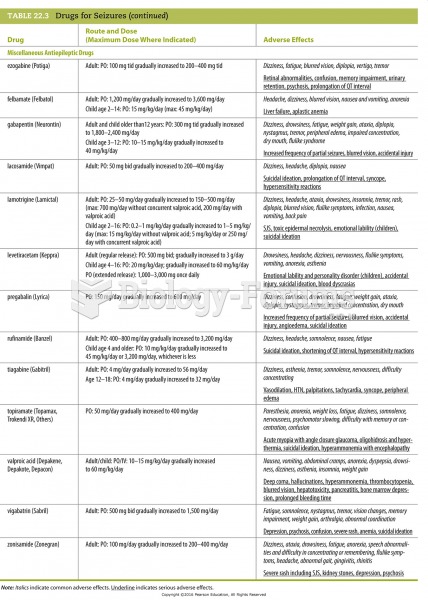|
|
|
Children with strabismus (crossed eyes) can be treated. They are not able to outgrow this condition on their own, but with help, it can be more easily corrected at a younger age. It is important for infants to have eye examinations as early as possible in their development and then another at age 2 years.
Women are 50% to 75% more likely than men to experience an adverse drug reaction.
This year, an estimated 1.4 million Americans will have a new or recurrent heart attack.
The first oncogene was discovered in 1970 and was termed SRC (pronounced "SARK").
Oxytocin is recommended only for pregnancies that have a medical reason for inducing labor (such as eclampsia) and is not recommended for elective procedures or for making the birthing process more convenient.







